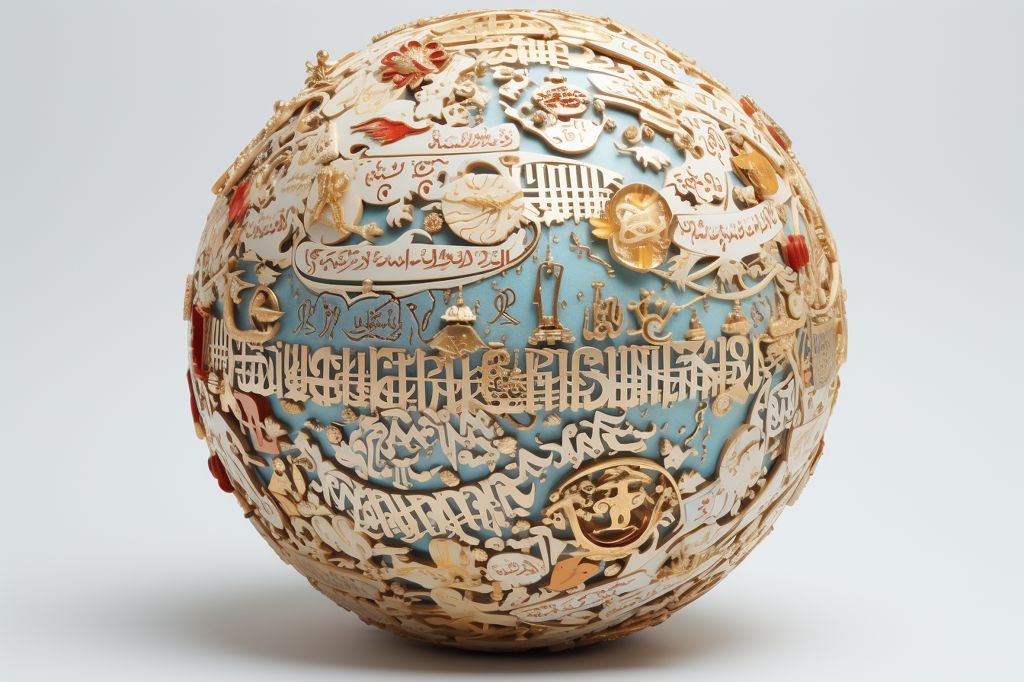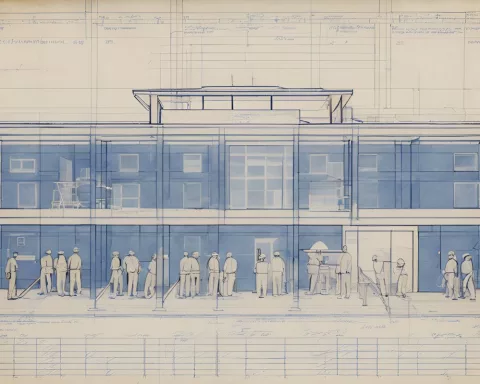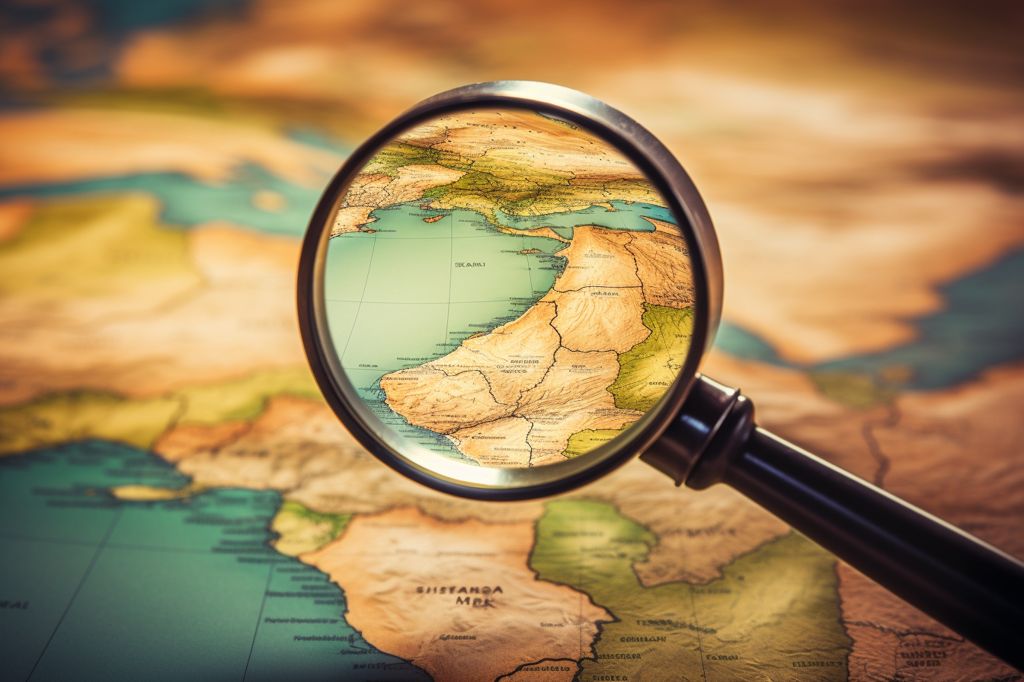The Western Cape Department of Health and Wellness has introduced a revolutionary initiative to improve healthcare accessibility and communication. The department has implemented services in multiple languages, including sign language, enabling patients at health facilities to receive assistance in their mother tongue.
The Importance of Multilingual Services
Patients who navigate healthcare services in a language that is not their first can face immense challenges. Miscommunication can lead to misunderstandings, impacting their overall health and well-being. To address this issue, the department has launched telephonic interpretation and sign language services, catering to the diverse linguistic needs of its patients.
The Benefits of an Inclusive Approach
This inclusive approach prioritizes the well-being of patients, striving to provide the best possible care. The department has noted that the implementation of these services has fostered trust between healthcare workers, patients, and interpreters, leading to clearer communication during diagnosis, treatment planning, and follow-up care.
Improvements for Healthcare Professionals
Healthcare professionals have also noted improvements in their practice. Nurse Alfonso Swarts from Plettenberg Bay Clinic expressed how the service enables him to explain medical information in patients’ mother tongue, leading to heightened understanding and more effective healthcare delivery.
Notable Successes
Since its inception, the service has successfully managed 5309 tele-interpreting calls and scheduled 1456 sign language sessions for patients. The inclusion of sign language interpreting has notably increased utilization within the deaf community, providing valuable support throughout pregnancy journeys and during labor.
Convenient and Reliable
Patients visiting health facilities in the Western Cape can now choose from a range of languages, as displayed on posters throughout the facility. Should they require an interpreter, they can simply request assistance from the reception clerk. This service is available during emergencies and on public holidays, making it both convenient and reliable.
The Impressive Range of Languages
The Western Cape Department of Health and Wellness offers an impressive range of languages for tele-interpreting, including local and international languages such as Afrikaans, English, Xhosa, Zulu, Arabic, Mandarin Chinese, Japanese, French, Italian, German, Portuguese, Russian, and Spanish, to name just a few. All interpreters are nationally and internationally accredited, ensuring that patients receive essential information in a language they can easily comprehend.
Breaking Down Language Barriers
This groundbreaking initiative by the Western Cape Department of Health and Wellness has significantly improved communication and healthcare outcomes in the region. By breaking down language barriers, patients can now feel confident in understanding their medical advice and expressing their health concerns. This person-centric approach is a testament to the department’s commitment to providing exceptional care and fostering better relationships between healthcare workers and their patients.












